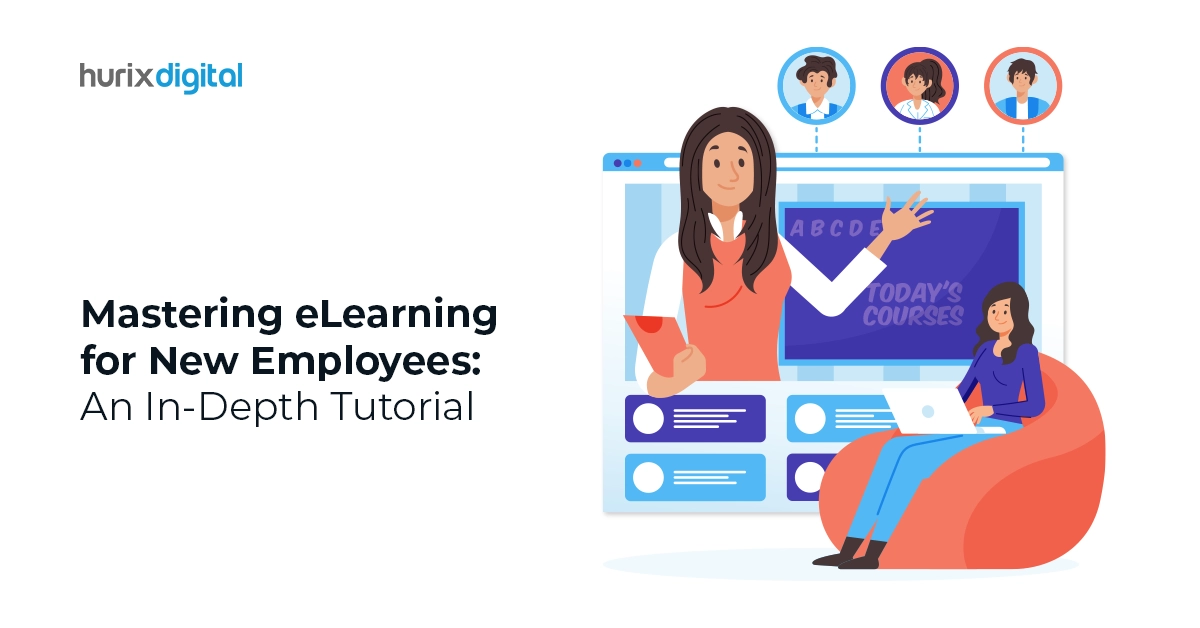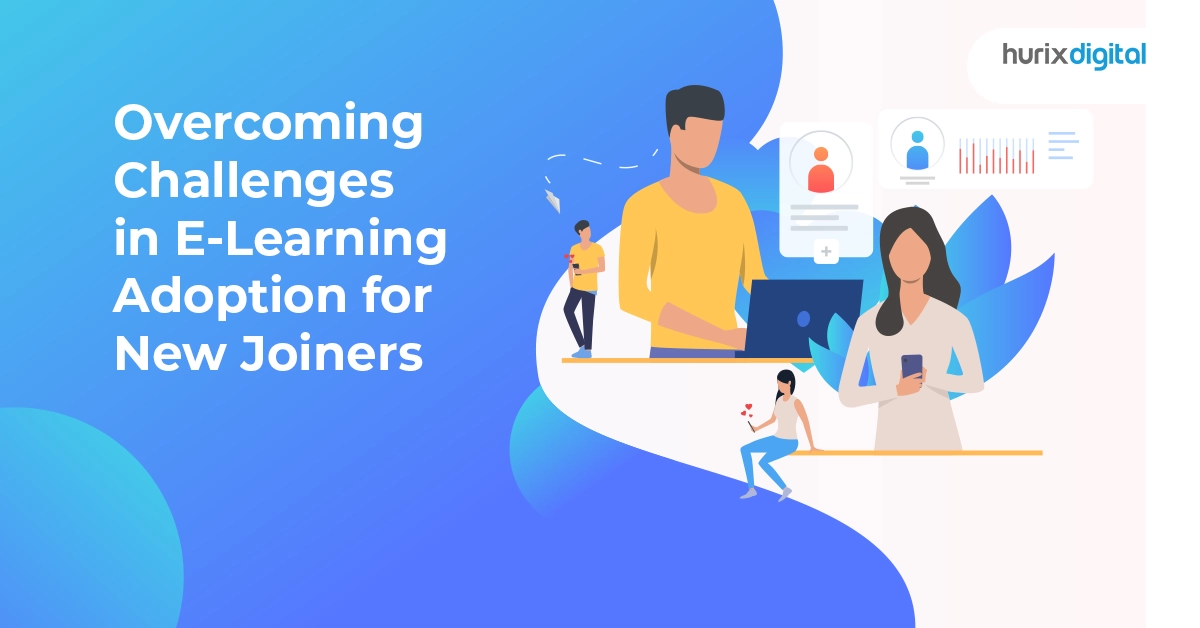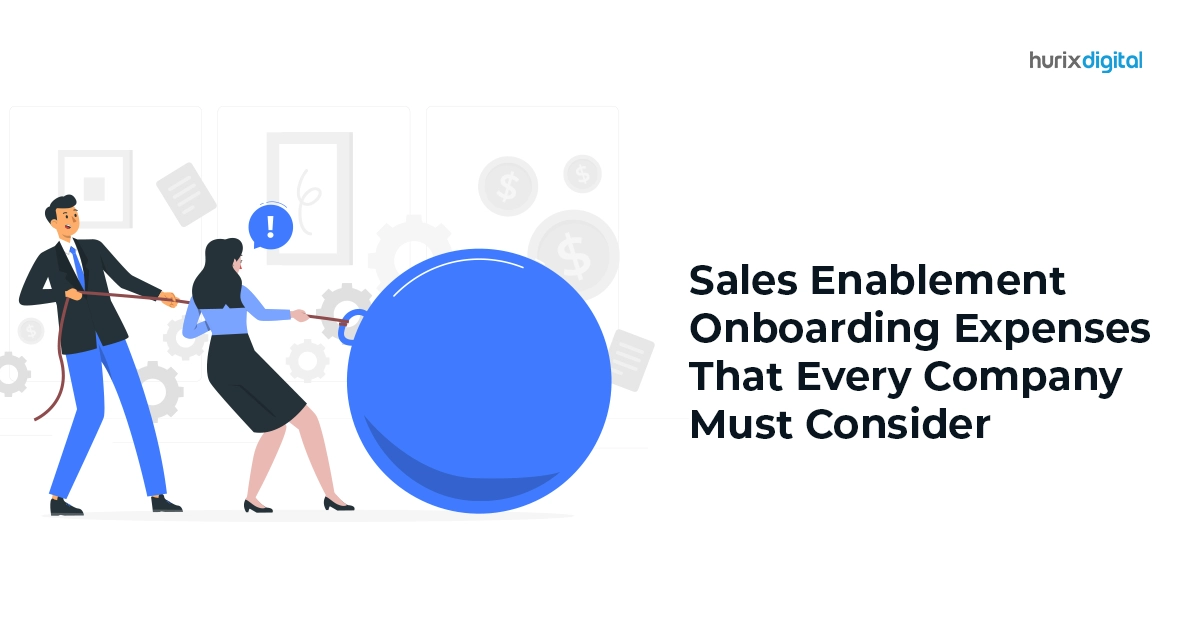
Mastering eLearning for New Employees: An In-Depth Tutorial
Summarize with:
While onboarding new employees is an exciting opportunity, businesses must assist new hires in successfully assimilating into the organizational culture. This is where new employee training and eLearning for onboarding are useful.
Leaders must provide flexible and engaging onboarding programs to enhance employee retention. In fact, recent studies show that almost 25.5% of organizations report lacking AI-based onboarding tools, while 68% of HR professionals prefer using automation in their processes.
In this guide, we will explore digital onboarding strategies to create better and more effective new-hire training. Let’s dive in!
Table of Contents:
- Tips to Consider When Designing Onboard Training Programs for New Hires
- Understanding Onboarding Training Modules
- How to Conduct Training for New Employees Effectively?
- Benefits of New Hire Education
- Wrapping Up
Tips to Consider When Designing Onboard Training Programs for New Hires
Use the following strategies to create effective onboarding eLearning and training for new employees:
1. Introduce Microlearning
Break down information into short modules and help employees grasp useful information, especially the ones with short attention spans. This will enhance retention and help new employees build a bond with the new culture.
2. Implement Interactive Content
Design onboard training programs with interactive quizzes, simulations, gamification, and multimedia-rich content to keep learners engaged. It can be monotonous for the new hires to just sit and listen to verbal lectures.
3. Mobile-Friendly Modules
Ensure that digital onboarding training materials are accessible on all devices, especially smartphones. This gives the new employees the benefit of accessing the programs at their convenience and pace. They can also access content anytime and anywhere.
4. Personalized Employee Training
Use adaptive learning technologies to customize and personalize the learning experience according to new hire roles and needs. Promote peer-to-peer interaction to enhance corporate and interactive learning.
5. Set Clear Objectives
It is important to set specific learning goals and provide regular feedback to help new hires track their progress and stay motivated. Incorporate a friendly and conversational tone into the new employee training programs and modules. Make sure you avoid formal corporate language to make the content more relatable.
Additionally, measure and monitor key metrics such as completion rates, knowledge retention, and performance improvement to evaluate the onboard training programs’ effectiveness.
Also Read: 5 Effective Ways to Train Employees on a New System
Understanding Onboarding Training Modules
Well-designed onboarding training courses give new hires the information, abilities, and tools they need to successfully transition into their new jobs within the company.
The modules cover a range of topics and are delivered through various methods. It is the leader’s responsibility to ensure that new hires absorb the information effectively and engage with the content without complications.
Here are some training modules for digital onboarding:
- Company Culture: The history, vision, mission, values, leadership, organizational structure, and general culture of the company are all covered in this module for new hires.
Product Knowledge: New hires can become acquainted with your products’ features and unique selling points (USPs) through interactive courses. - Soft Skills Modules: Gamified scenarios and role-playing exercises can help new hires develop essential communication and problem-solving skills.
- Compliance Training: Create microlearning modules that can ensure new hires understand essential company policies and regulations.
- Code of Conduct and Policies: Educating new hires on the standards, rules, anticipated behaviors, and code of conduct and policies of the organization.
How to Conduct Training for New Employees?
Here is a step-by-step process to help you onboard training programs for new hires efficiently:
1. Establish New Hire Educational Procedures
Before developing a new-hire training program, clearly define what each new employee should know. This involves:
- Breaking down the tasks and procedures employees need to know.
- Assigning training responsibilities to the most qualified person for each skill.
- Ensuring that adequate time and materials are available for training.
- Using a mix of online courses, microlearning, and hands-on practice to train new hires effectively.
2. Create a New Hire Training Plan Even Before Their First Day
According to research, 83% of top organizations start onboarding before the new hire’s first day. You can initiate the plan by:
- Sending a pre-arrival email with onboarding start time and location, agenda of the meeting, supervisor’s contact information, office culture and dress code, etc.
- Starting onboarding early to reduce new hire frustration
- Making them feel welcomed and prepared.
3. Incorporate Onboarding Best Practices
Effective onboarding practices include:
- Customizing the first day to the new hire’s needs
- Matching training methods to the topic
- Making them feel supported and integrated into the company from day one.
- Encouraging questions and dialogue
4. Personalize the Onboarding Experience
Customizing the onboarding experience for each new hire is essential. The onboarding eLearning content should be personalized to suit the role, department, and expertise of each employee.
You can:
- Create modules that cater to an employee’s role and department. For instance, sales assistants need training focused on product knowledge and sales techniques.
- Adapt the onboarding process to the new hire’s background and skill set. New hires may require additional training, while experienced staff may benefit from an expedited program.
- Put in place learning paths that are adaptive and change in response to assessments made in real-time.
- Create a thorough onboarding program that combines social media and in-person components to give new hires a broad overview of the business.
5. Emphasize Organizational Culture
Onboarding should not only impart knowledge and skills but also introduce new hires to the company’s culture.
Here’s what you need to highlight:
- Unique features of the organizational culture, such as customer service standards or teamwork ideals.
- Emphasize fundamental principles including honesty, openness, moral business conduct, and a commitment to corporate social responsibility (CSR).
Benefits of New Hire Education
When it comes to When it comes to new hire education, numerous benefits contribute to both individual and organizational success.
Here are some key advantages:
1. Higher Knowledge Retention
Good onboarding, according to 89% of professionals, increased their sense of engagement at work. This emphasizes how important it is to provide proper onboarding and training to increase employee engagement and job satisfaction.
New hires can study at their own speed and go over modules and information again as needed with the help of onboarding eLearning. Additionally, e-learning lowers anxiety and improves the way newly hired personnel assimilate information.
2. Easy Progress Tracking
With digital onboarding, managers can easily monitor trainees’ progress online. They can provide feedback based on performance, which reduces managers’ workload and keeps trainees engaged.
3. Positive Employer Branding
Offering thorough instruction and training helps the business project a favorable image as an employer that values the professional development of its staff. In addition to bolstering employer branding initiatives, this helps draw top personnel to the company.
Wrapping UP
Onboarding eLearning and new employee training offer flexibility, engagement, and efficiency. They allow new hires to learn at their own pace. Effective new hire education involves personalized content and ongoing support.
Consider teaming up with Hurix Digital to create customized eLearning solutions that cater to your organization’s specific onboarding needs. Our proficiency in creating dynamic and captivating eLearning courses guarantees that recently hired staff members are thoroughly acquainted with your organization’s ethos, regulations, and job duties.
Summarize with:

 A Space for Thoughtful
A Space for Thoughtful 




